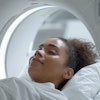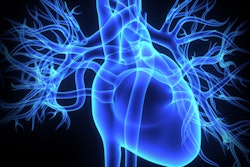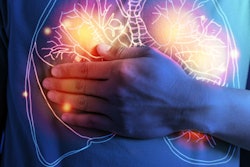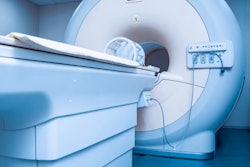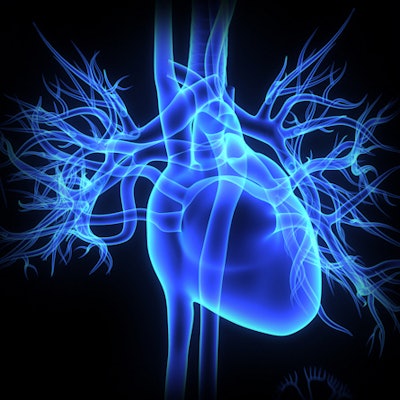
For the past 30 years, assessing cardiac health with MRI has been limited to large academic centers -- due to the complexity of the technology and the skill needed to create diagnostic-quality images. This reality has slowed its growth.
But new research, technology development, and increasing skill among technologists is helping to make cardiac MRI accessible beyond academic facilities.
One way this is happening is through freestanding stress MRI centers, which we have established here in Bellingham, WA. Stress MRI has been shown to accurately determine cardiovascular risk in individuals with concerning cardiac symptoms and to diagnose obstructive coronary artery disease, eliminating the need for additional imaging modalities. The test is quick compared with other modalities, radiation free, and it can be accessed in a comfortable and safe setting.
Our cardiac MRI program is rapidly expanding. In three years, there has been a 250% growth in the number of cardiac-specific scans; in 2022, we performed more than 1,000 combined nonstress and stress MRI exams at our center. The success of the program is attributed to the close collaboration of cardiologists, radiologists, technologists, and hospital leadership.
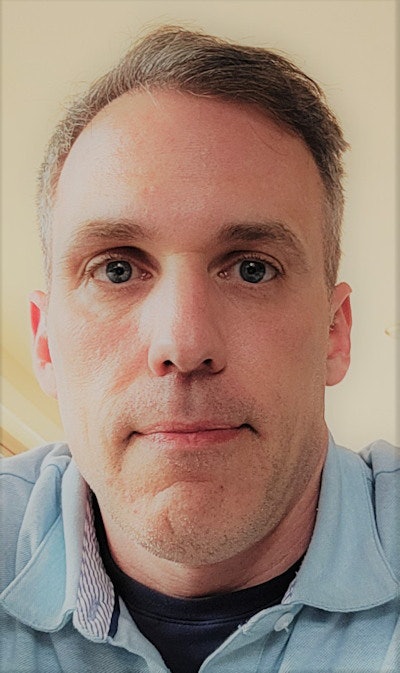 Dr. Kevin Steel.
Dr. Kevin Steel.Before 2022, we struggled to meet the cardiac MRI needs of the referring providers, so we began collaborating with Dr. Jason Stoane, also of PeaceHealth and of Mt. Baker Imaging, to develop a freestanding stress cardiac MRI program away from the hospital. Mt. Baker Imaging is approximately two miles from St. Joseph Medical Center, and it had an MRI with available gradient time. The scanner is a shared resource between PeaceHealth Medical Group and Northwest Radiology. As we established the stress MRI program, we gathered a number of safety resources, such as MRI-safe blood pressure kits, heart monitors, and intravenous pumps as well as emergency kits that include aminophylline, albuterol, saline, and medications for anaphylaxis. We also conducted training during which emergency procedures such as patient evacuation we practiced in order to ensure all staff know what to do in the event of a crisis.
We opened the imaging center for stress cardiac MRI in 2022, starting with patients with no known complicating factors to allow our imaging team to get used to the workflow without additional concerns (some of the more "straightforward" patients are those with body mass index of less than 40, regular heart rhythm, normal left ventricular function, no known coronary artery disease, and without claustrophobia or moderate to severe reactive airway disease).
One of the primary obstacles in implementing a freestanding stress MRI center involves the supervision of the test, which requires a medical provider to be present -- either a physician or advanced practice provider such as a physician assistant or nurse practitioner -- for every scan. This provider must be comfortable managing rare but possible adverse situations. We were able to work around provider's schedules to ensure proper patient safety.
In any case, the benefits of stress MRI to predict high risk heart disease has been proven to be effective again and again -- a result we've seen as our colleagues continue to regularly refer their patients to the freestanding MRI center.
Dr. Kevin Steel is a cardiologist at PeaceHealth Cardiology Center in Bellingham, WA. The comments and observations expressed herein are those of the author and do not necessarily reflect the opinions of AuntMinnie.com.




